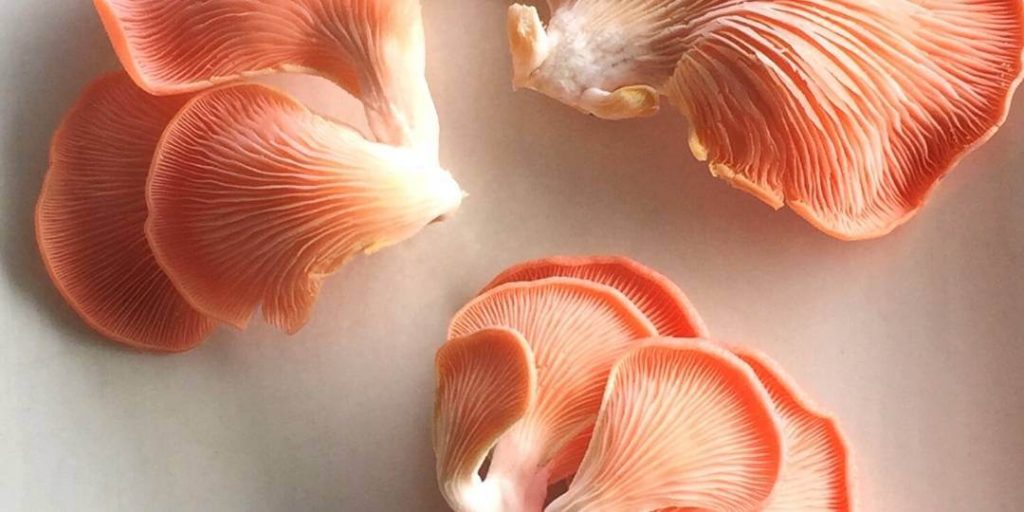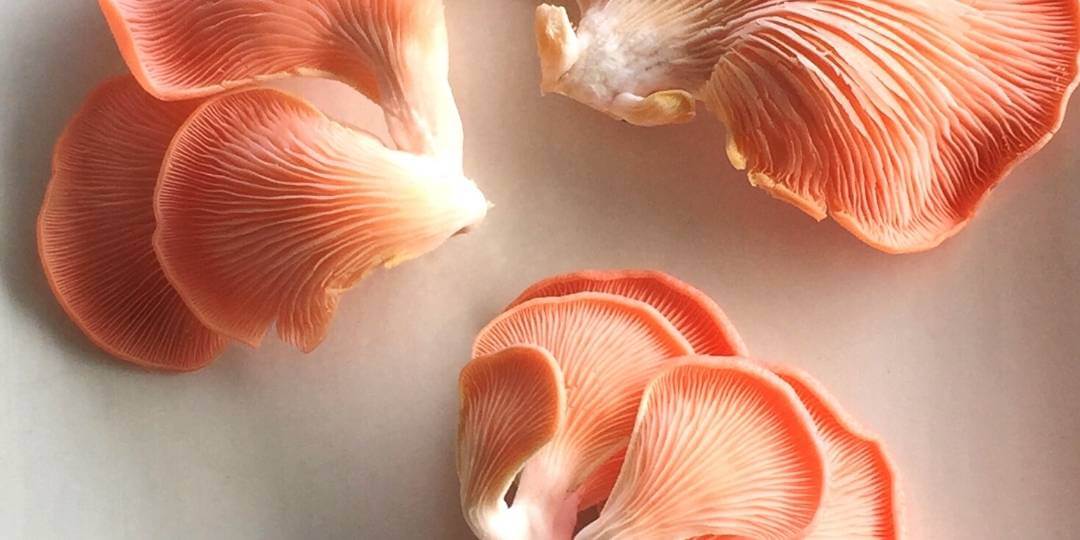Research suggests that we all have a unique combination of gut microbes.
This means that there is no one-size-fits-all approach to improving gut health. Even so, there are several simple, actionable things that you can try today that your gut bugs will thank you for!
We sat down with Professor Tim Spector, one of the world’s leading gut microbiome researchers and a co-founder of ZOE, to discover his top 5 top gut health tips that anyone can use to start the journey towards a healthier gut today.

Tim’s top 5 tips for better gut health
- Add color to your plate
Colorful plant foods are not only rich in fiber. They are also high in polyphenols that the “good” gut microbes love. In particular, nuts, berries, seeds, brightly colored fruits, extra virgin olive oil, vegetables and dark chocolate are rich in these beneficial antioxidants and anti-inflammatory compounds.
Want to learn how ZOE can help you understand what’s right for you? Click here to take a free assessment.
- Try fermented foods
Take your diet to the next level by including a small amount of fermented foods in your diet every day. Fermented foods – such as live yogurt, artisanal cheeses, kimchi, kombucha, kefir and sauerkraut – contain live microorganisms known as probiotics.
Once you consume them, these microbes can settle in your gut, increasing the number and diversity of bacteria that make up your microbiome.
Not sure where to start? I always recommend the 4Ks – kefir, kombucha, sauerkraut and kraut. You can also opt for plain yogurt and (stinky) cheeses that contain live bacteria to boost gut function. The key is to consume small amounts of fermented foods every day, not large amounts occasionally.
- Try to eat 30 different plants a week
The more types of plants you eat that contain fiber, the happier and more diverse your gut microbiome will be.
Nuts, seeds, legumes, whole grain fruits and vegetables are all rich in nutrients that contribute to gut health. Garlic, onions, leeks, asparagus and whole grains are rich in special prebiotic fibers that are favorites of the “good” gut microbes.
The good news is that it’s not difficult to increase the variety and quantity of plants in your diet, especially if you expand the concept of plant-based foods to include spices, herbs, nuts and seeds.
- Limiting ultra-processed foods
A high intake of ultra-processed foods is known to be associated with adverse health outcomes, including diseases such as heart disease, type 2 diabetes, and obesity.
They are also bad for our gut microbes because they don’t provide much fiber and other nutrients for the “good” gut microbes to chew on. They are often high in sugar, unhealthy fats, and artificial sweeteners, which are detrimental to the health of the gut microbiome.
Our findings on the gut microbiome also suggest a link between highly processed foods and “bad” gut microbes, which are associated with poorer health indicators.
- Give your intestinal worms a break
Try to avoid or limit snacking and try to give your gut worms time to rest for the night. At night, there’s a whole team of gut microbes cleaning out the lining of the gut and keeping it healthy. This regular cleansing is important to support a healthy gut and immune system. By giving your gut worms a break, they have time to regain their health and do their job.
Follow your heart.
The good news is that what you eat can change the composition of your microbiome. But how do you know what to eat?
Each of us has a unique microbiome, so there is no one-size-fits-all approach to nutrition that works for everyone’s gut. Importantly, there is no one food or one microbe that can change or disrupt your gut microbiome.
The microbiome is a complex community, so your daily diet and lifestyle habits over time determine the mix of microbiota.
Finding the best foods for your unique body and gut bacterial community starts with understanding which microbes are living in your gut right now and which foods help them thrive.



